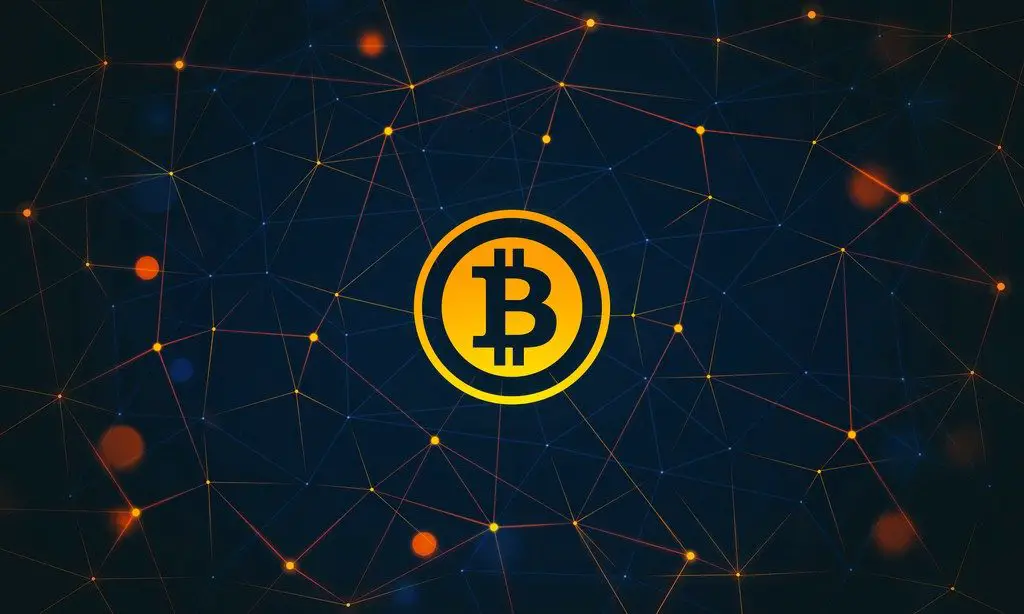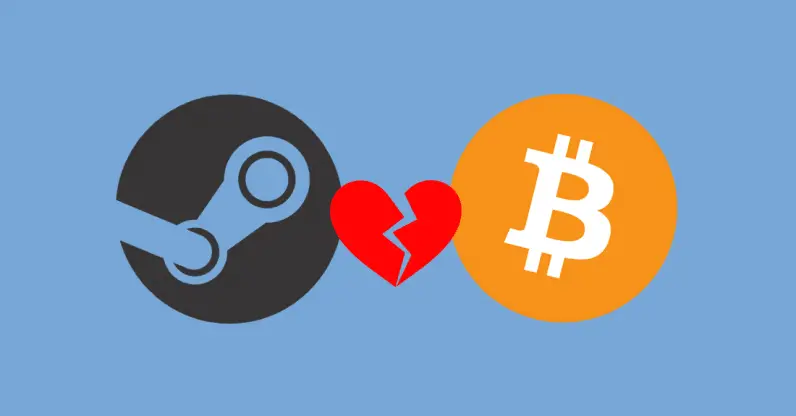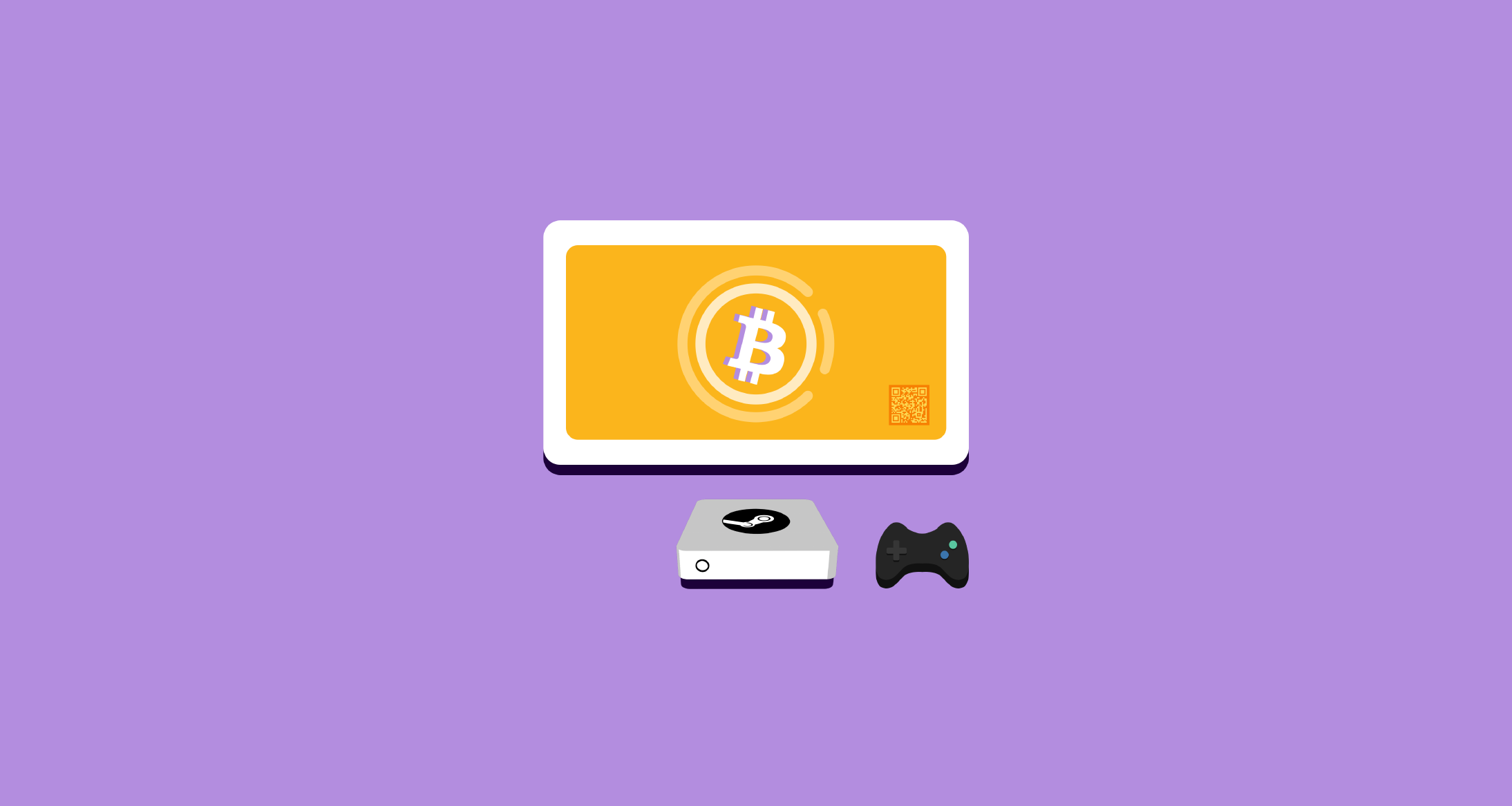In December of this year, Valve Corporation announced it would no longer be supporting payment via Bitcoin on its gaming platform, Steam. The platform functions primarily as a method of digital distribution, allowing users access to virtual software libraries to purchase and download video games and other files.
Steam adopted Bitcoin in April 2016, allowing users to purchase games using the currency. At the time, processing Bitcoin payments cost users only 20 cents. In just a year, that price has skyrocketed to 20 dollars and is expected to rise with the extreme volatility of Bitcoin’s value. In a statement, Steam explained the choice to drop the currency, “In the past few months we’ve seen an increase in the volatility in the value of Bitcoin and a significant increase in the fees to process transactions on the Bitcoin network… Unfortunately, Valve has no control over the amount of the fee. These fees result in unreasonably high costs for purchasing games when paying with Bitcoin. The high transaction fees cause even greater problems when the value of Bitcoin itself drops dramatically.” The same rule applies for traders who want to invest in Bitcoin or use it to make a quick buck when trading with a Bitcoin Robot, which is a software such as Bitcoin Era that trades bitcoin automatically for their users. A lot of people have made profit this way with Bitcoin.
Steam users who choose to pay with Bitcoin have to pay the processing fee. However, even after paying, it still takes ten minutes to process the payment. Should a user choose to pay a lower fee and take a longer processing time for their transaction, the value of Bitcoin could dramatically increase or decrease. The transaction would then be refunded or the Bitcoin network would request additional funds to finish the transaction, resulting in another processing fee.
The Valve Corporation determined that it was no longer feasible to support Bitcoin payment as it wasn’t fair to users paying exorbitant fees, nor was it possible to quickly and accurately process refunds in case of error. The transaction processing fee crops up everywhere.
But what makes Bitcoin so volatile?

What Is Bitcoin?
In October 2008, a person (or persons) under the pseudonym Satoshi Nakamoto published a white paper detailing a new type of digital cryptocurrency called Bitcoin. Nakamoto later created and published the software for Bitcoin as an open source code in January 2009. The premise of Bitcoin was to create the first decentralized digital currency, where transactions take place on a peer-to-peer basis without the interference of an intermediary, such as a bank. In white paper, Nakamoto described the peer-to-peer network as method to generate a system for electronic transactions that could function without trust. People often trade via sites like the Bitcoin Revolution program.
As the first type of cryptocurrency, Bitcoin utilizes complex cryptography to secure transactions and verify the transfer of assets. Transactions between users are verified on the blockchain, a public ledger maintained voluntarily by other users. As described in this SciShow video, a blockchain is essentially the world’s largest Google Doc, where multiple people all over the world record every Bitcoin transaction ever made. This is why it’s not possible for people to just duplicate Bitcoins, creating an infinite amount of currency and rendering it essentially worthless.
The purpose of the blockchain is to prevent users from attempting simultaneous purchases and transfers. For example, if someone makes multiple purchases on a credit or debit card, the bank processes the purchases in order. If you run out of funds, subsequent purchases are cancelled. Prior to the blockchain method, a user could transfer or purchase large amounts of Bitcoin to two different places simultaneously, despite not having enough Bitcoin to actually do so. The Bitcoin Network and a user’s “wallet” now have a built-in check to verify how many Bitcoins a user has prior to processing a transaction.

Why Do People Volunteer to Manage the Blockchain?
Users who volunteer their time to maintaining the public ledger of the blockchain are also known as Bitcoin “miners.” Due to sheer number of transactions occurring and the people maintaining their own personal ledgers, transaction requests are not always received in the same order. This results in each person having a slightly different ledger. In order to figure out the true order and add a block of transactions to the universal blockchain, miners have to solve difficult cryptographic hash functions.
Essentially, a hash function takes an input of any size and turns it an output with a fixed size. It is difficult to take an output and figure out what the original input was; the only solution is to guess at billions of possibilities until you stumble upon the right one. Computers specifically designed to solve the SHA256 hash functions used by the Bitcoin network are incredibly expensive and eat tremendous amounts of electricity.
So what makes it worth it for the miners? The Bitcoin software has a built-in reward system. Currently, miners are given 12.5 spontaneously created Bitcoins for every entry into the blockchain system. As a single Bitcoin is currently worth 16,000 U.S. dollars, this is a significant profit.

A Bubble Doomed to Burst?
The current issue with the Bitcoin market is that no one knows when the bubble of incredible growth will burst. Since it began gaining value in 2011, the price of Bitcoin has always dramatically fluctuated, despite being on an general upward trend.
In an article by “Wired,” Cornell professor Emin Gun Sirer estimated, “at best the Bitcoin network could process seven transactions per second, but typically achieves 3.3. Visa reports processing 29.2 billion transactions in the three months through September, a rate of 317 million a day, or 3,674 a second.” In addition to this, to have a transaction processed in ten minutes costs 20 dollars. While the transaction fee is not necessary for a purchase, in order to have something processed in a timely manner (especially as the price of the item can change dramatically with Bitcoin’s market value), the transaction fee is unavoidable.
Lastly, despite physical improvements in the computing power necessary for miners to process transactions, the Bitcoin software itself appears to be unable to make use of these advancements to speed up transaction times. It’s reasons like this why Steam and other large corporations have not completely embraced Bitcoin as the ultimate form of decentralized digital currency like its creator intended.

















